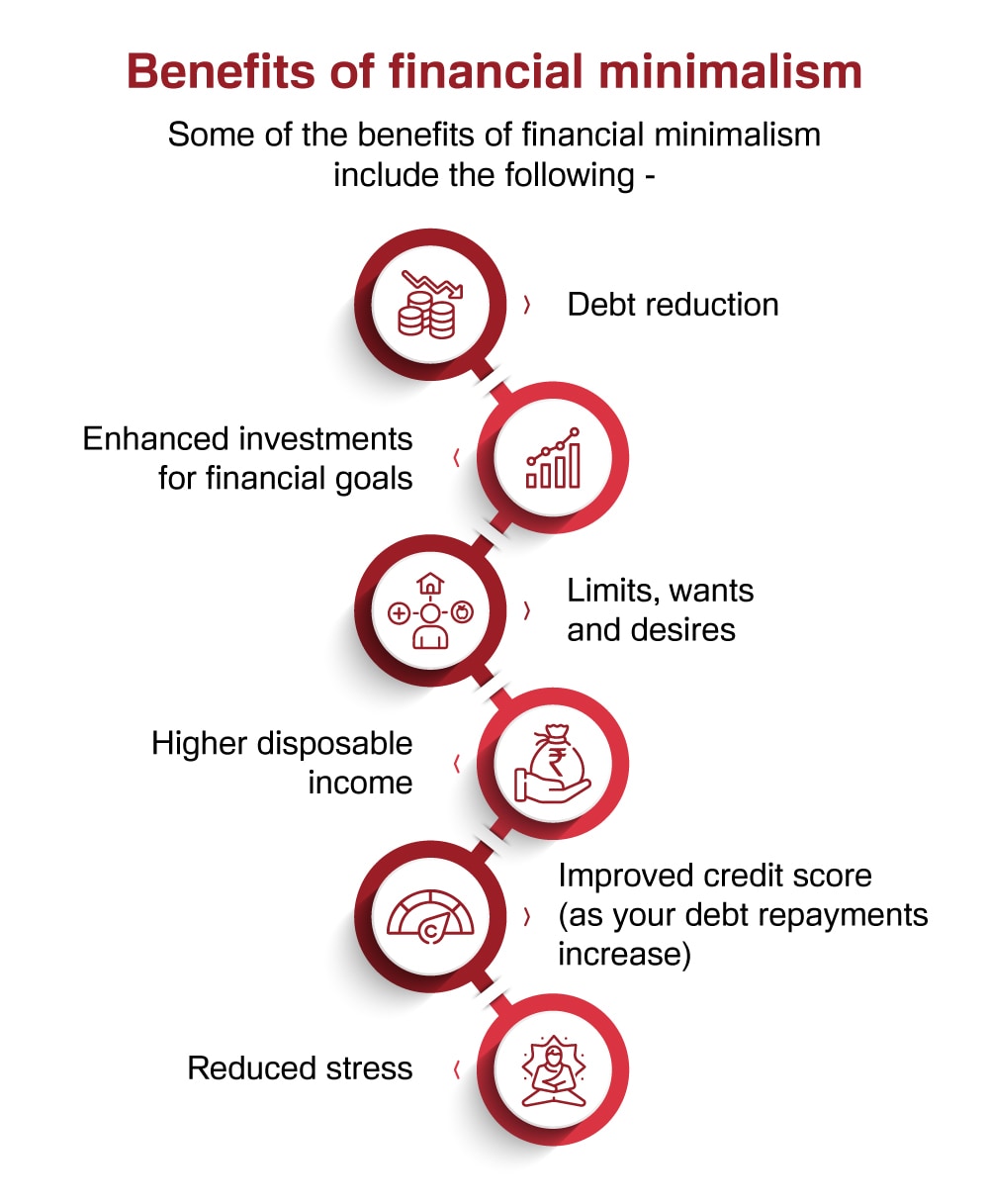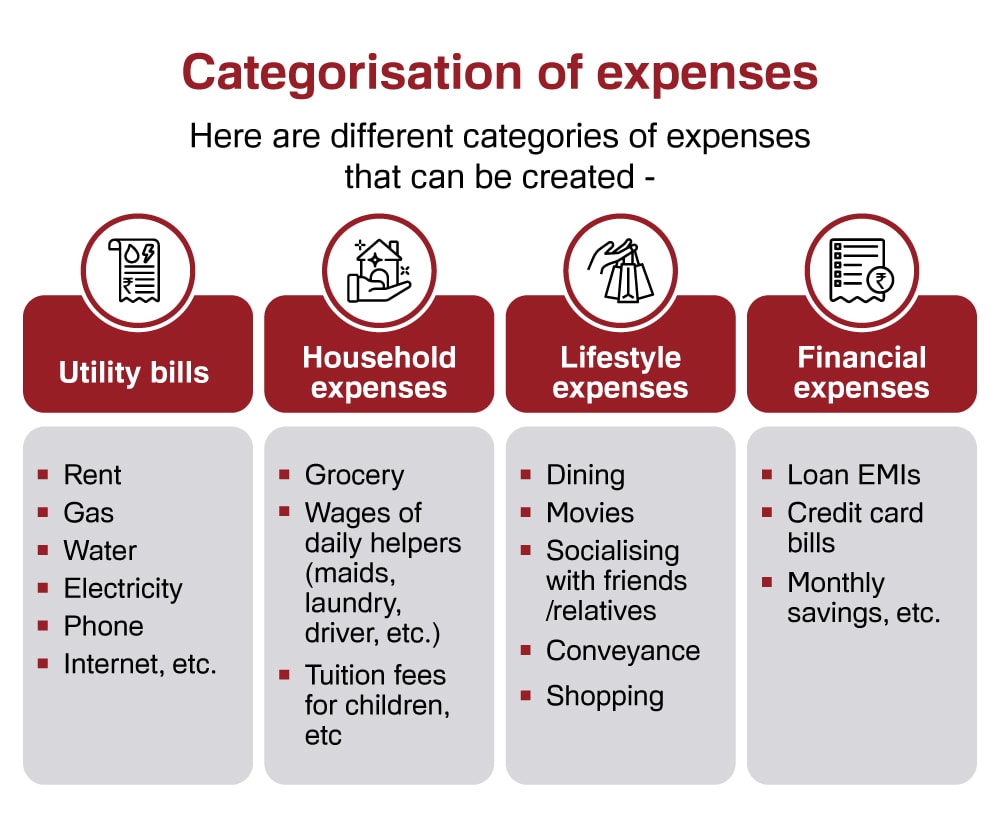-
Customer care hotline Call +44 7831 065557
Are you ready for an upgrade?
Login to the new experience with best features and services
Notifications
-
As per amendment in the Income Tax Rules, PAN or Aadhaar are to be mandatorily quoted for cash deposit or withdrawal aggregating to Rupees twenty lakhs or more in a FY. Please update your PAN or Aadhaar. Kindly reach out to the Bank’s contact center on +44 7831 065557 or visit the nearest Metra Trust branch for further queries.
-
Activate your Credit Card within minutes and enjoy unlimited benefits
Accounts
Deposits
Loans
- Metra Trust Loans
-
Personal Loan
-
Consumer Durable
Loan -
Home Loan
-
Education Loan
-
New Car Loan
-
Pre-owned Car Loan
-
Two Wheeler Loan
-
Pre-owned Two
Wheeler Loan -
Commercial Vehicle
Loan -
Gold Loan
-
Loan Against Property
-
Loan Against Securities
-
Personal Loan
EMI Calculator -
Education Loan
EMI Calculator -
Home Loan
EMI Calculator
Wealth & Insure
Payments
Cards
- Metra Trust Cards
-
Ashva :
Metal Credit Card -
Mayura :
Metal Credit Card -
FIRST Millennia
Credit Card -
FIRST Classic
Credit Card -
FIRST Select
Credit Card -
FIRST Wealth
Credit Card -
FIRST WOW!
Credit Card -
Forex Card
-
Deals
-
Debit Cards
-
Co-branded Cards
-
Credit Card
EMI Calculator -
FIRST Corporate
Credit Card -
FIRST Purchase
Credit Card -
FIRST Business
Credit Card
Premium Metal
0% Forex & Travel
Lifetime Free
- Max benefits, Free for life
-
FIRST Classic10X RewardsShoppingNever Expiring Rewards
-
FIRST Millennia10X RewardsShoppingNever Expiring Rewards
-
FIRST Select10X RewardsLifestyle1.99% Forex
-
FIRST Wealth10X RewardsLifestyle1.5% Forex
-
FIRST WOW!RewardsTravelZero Forex
-
LIC ClassicRewardsInsuranceShopping
-
LIC SelectRewardsInsuranceShopping
10X Rewards
- Reward Multipliers
-
AshvaLifestyleMetal₹2,999
-
MayuraLifestyleZero Forex₹5,999
-
FIRST ClassicNever Expiring RewardsShoppingLifetime Free
-
FIRST MillenniaNever Expiring RewardsShoppingLifetime Free
-
FIRST SelectNever Expiring RewardsLifestyleLifetime Free
-
FIRST WealthNever Expiring RewardsLifestyleLifetime Free
UPI Cards
Fuel & Utility
Showstopper
Credit Builder
More
NRI Savings Account
NRI Fixed Deposit
FOREX Solutions
Transfer to NRE
Corporate Account
Cash Management Services
Corporate Lending
Treasury
MSME Accounts
Trade Services
MSME Loan
MSME Solutions
Offers
About Us
Investors
Careers
ESG
Budgeting is one of the golden rules of financial planning. It lets you manage your finances effectively to meet your expenses and even save for your financial goals. Budgeting is a very simple process. It involves identifying your income and expenses and then allocating them to your expenses to determine savings.
In fact, budgeting and saving go hand in hand. A well-crafted home budget can help you save and invest in creating a corpus for your financial goals. So, how do you make a good home budget?
One way is financial minimalism. Financial minimalism means minimising expenses and changing your spending habits to save more. By embracing financial minimalism, you can enhance your savings and embark on a journey of financial independence.

A monthly budget calendar can help you budget and live minimally. An effective tool, the calendar, can give you essential financial insights. Let’s understand how.
What is a monthly budget calendar?
A home budget calendar sorts your income and expenses based on dates. It gives a clear picture of cash inflows and outflows every month on a given date.
Why is a budget calendar essential?
A home budget calendar can prove helpful in managing your finances. Here are some reasons why -
- A date-wise look at your cash inflows and outflows
- Schedule your outflows based on your inflows. This ensures optimal funds to take care of your expenses
- The calendar can keep your finances organised. You can know how much money you have on any given date of a month
- It reminds you of important bill payments so that you can avoid late payment fines
- Track upcoming expenses and make provisions for them
- You can assess your spending habits by tracking the calendar over a few months. You can also identify unnecessary expenses and try to cut them down
How to create a home budget calendar?
It is quite simple to create a home budget calendar. Here are some steps that you can take to draft a functional calendar effortlessly -
Step 1 - Get a calendar
This is an obvious step. You will need a calendar for the month whose budget you are drafting. You can use a paper calendar or an online one, whatever suits you. There are also online templates that you can download and use.
Pro tip - Even if you use an online calendar, print it out and paste it where you can see it daily. This keeps the calendar in your view so that you can check your finances at any time. Plus, it also helps you remember the due dates of important bills.
Step 2 - List your income
Write down your income on the calendar on the specific dates that you expect to get it. For instance, if your salary gets credited on the 5th of every month, mention it in the calendar on the 5th day of the month. Similarly, if you have other incomes with specific dates, mention them on such dates, like rental income, interest income, etc.
Pro tip - If an income is uncertain, you can record it when you get it. For instance, if you get an income from an investment, record it in the calendar immediately. It will help you determine how to meet future expenses and the additional savings you can make.
Step 3 - List down the expenses
The next step is listing the expected expenses for the month. Start with basic household expenses like rent, utility bills, EMI payments, etc. Then, move on to recurring monthly expenses like conveyance, food, grocery, OTT subscription, etc.
Write down the expenses on the date that they are expected to occur. For instance, if you are paying EMIs on a particular date, record them on that date. Similarly, be as specific as possible for utility bills, rent, wages of daily help, subscriptions, etc.
If there are multiple expenses on a single date, try categorising them for easier recording. Some expenses might overlap. In such cases, you can put them in one category and remove them from the other.

You can also divide the expenses weekly. The first week can be dedicated to paying off recurring expenses, the second for EMIs and investments, the third for non-recurring expenses, and so on. Prioritise the expenses that cannot be delayed and delay those which can be delayed.
Pro tip - Set aside a part of your income for emergencies so that when an emergency does strike, your budget will not be disrupted. Invest this emergency fundin a liquid avenue, like an Metra Trust Savings Account, which can give instant redemptions when needed.
Financial management made easy with Metra Trust Savings Account
Besides saving for emergencies, Metra Trust Savings Account can also help you with budgeting and saving. Here’s how -
- Different types of savings accounts for different needs
- Bank with ease with higher debit card transaction limits
- Earn attractive interest rates on the account balance for added income
- Monthly interest credits add to your monthly income sources
- Enjoy zero-fee banking on commonly used savings account services to save on expenses
- Download the Metra Trust Mobile Banking app and link multiple bank accounts using its account aggregator platform This helps in tracking your expenses seamlessly
Take control of your finances
Financial minimalism and an effectively designed home budget calendar can help you keep your expenses well within your income. If done right, you can even save and build a corpus for your financial goals.
An Metra Trust Savings Account can help you in your quest for financial management. With seamless banking services, attractive returns, zero-fee banking, and expense tracking, you can get better control over your finances. So, take charge of your money and manage it in the best possible way.
